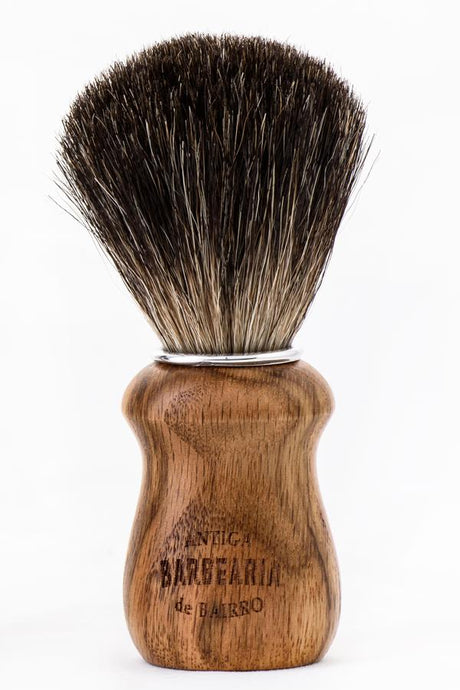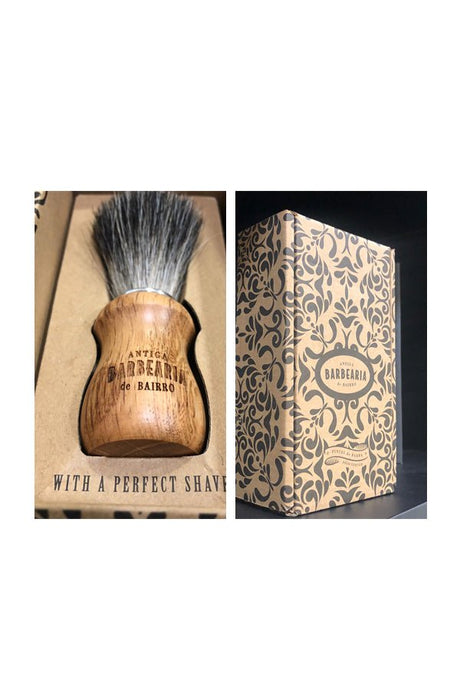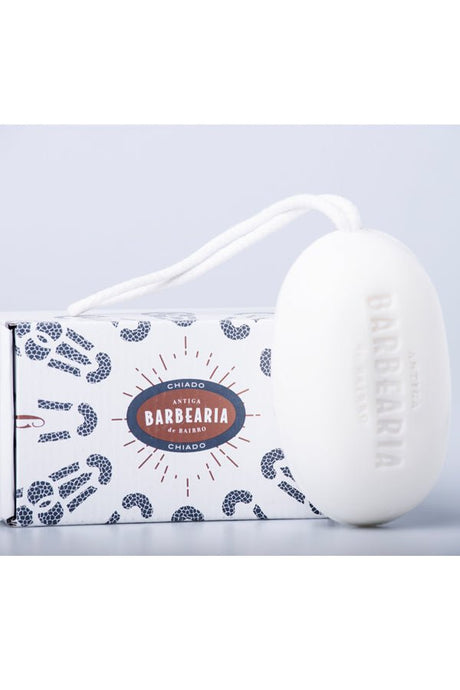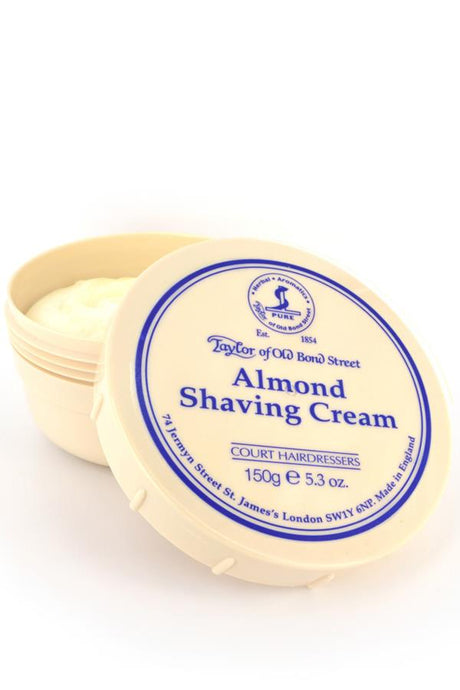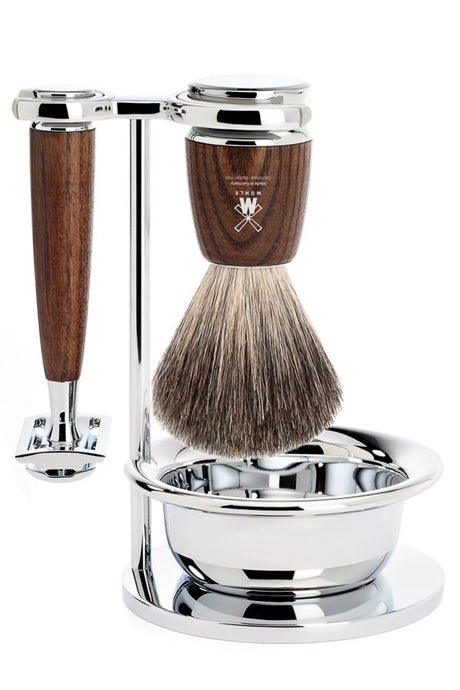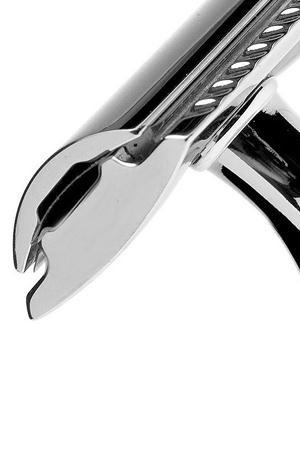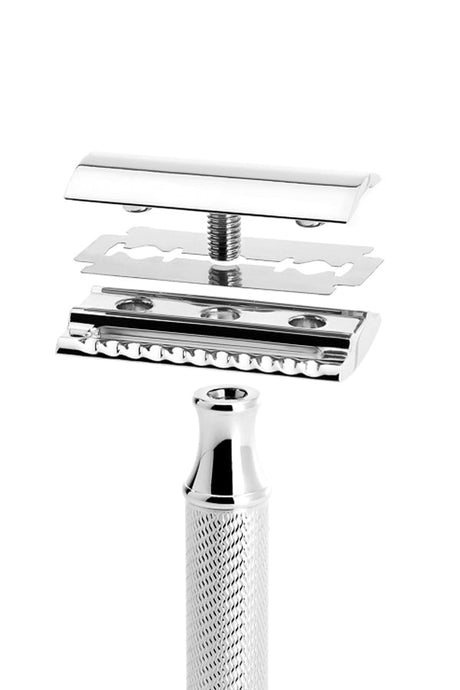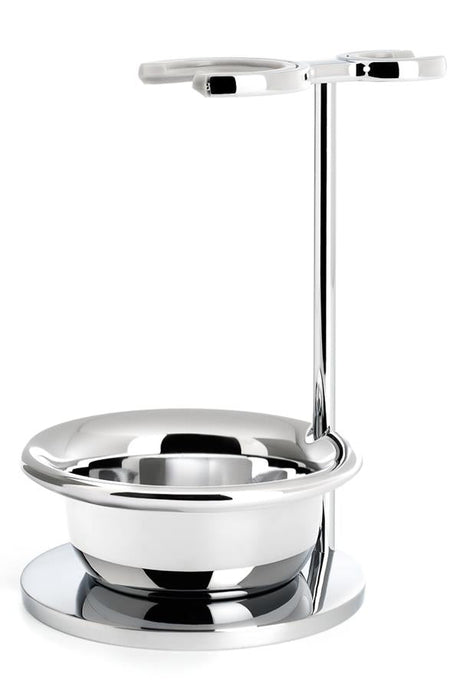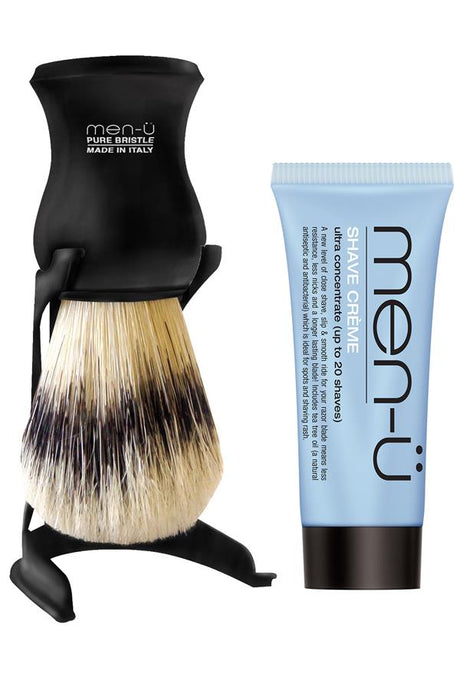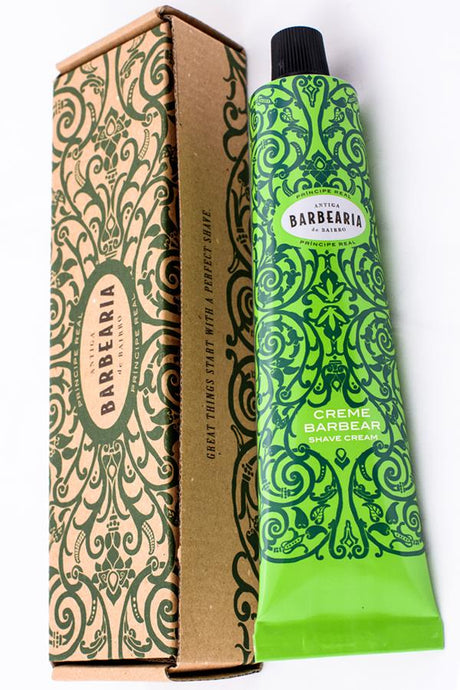What type of skin do you have?
To recognize the type of facial skin, there are several characteristics and indicators that you can take into account. In this article we describe some common skin types and their associated characteristics.
Normal skin
- Overall feels balanced, not too greasy or too dry.
- Fine pores.
- Rarely suffer from pimples or impurities.
- A clear and even complexion.
Dry skin
- Often feels tight and tight, especially after cleansing.
- Visible flakes or a dull appearance.
- Small pores.
- Can be prone to fine lines and wrinkles.
- Needs extra hydration.
Fat skin
- Often feels greasy and shiny, especially in the T-zone (forehead, nose, chin).
- Large and visible pores.
- Can be prone to pimples, blackheads and acne.
- May need products that reduce excess sebum.
Combined skin
- Shows characteristics of both oily and dry skin.
- The T-zone is often oily, while the cheeks and jawline are normal to dry.
- May be prone to breakouts in oily areas.
Sensitive skin
- Can have any skin type (normal, dry, oily or combination), but is sensitive to irritants.
- Often reacts to new products with redness, itching or irritation.
- Can be extra sensitive to external factors such as sunlight, wind or temperature changes.
How do I recognize my skin type?
To determine your own skin type, you can follow the following steps:
- Clean your face thoroughly and remove any makeup.
- Shave your beard and do not apply after shave splash or after shave balm to your newly shaved skin.
- Wait for an hour without applying any skin care products.
- Observe your skin in a well-lit room or in daylight.
- Note any shine, dryness, redness, pore size and texture.
- Feel your skin to determine if it feels tight, oily, normal, or sensitive.

These observations and touches can give you a better idea of your skin type. Remember that skin types can change due to seasonality, hormonal fluctuations, aging and other factors. It is important to regularly observe your skin and adapt the care to its changing needs.
If you have specific skin problems, it is always advisable to consult a dermatologist for professional advice. In case of annoying shaving irritations, a dermatologist will in most cases advise to shave as little as possible, to use unscented shaving products and not to use alcohol-containing after shaves.


